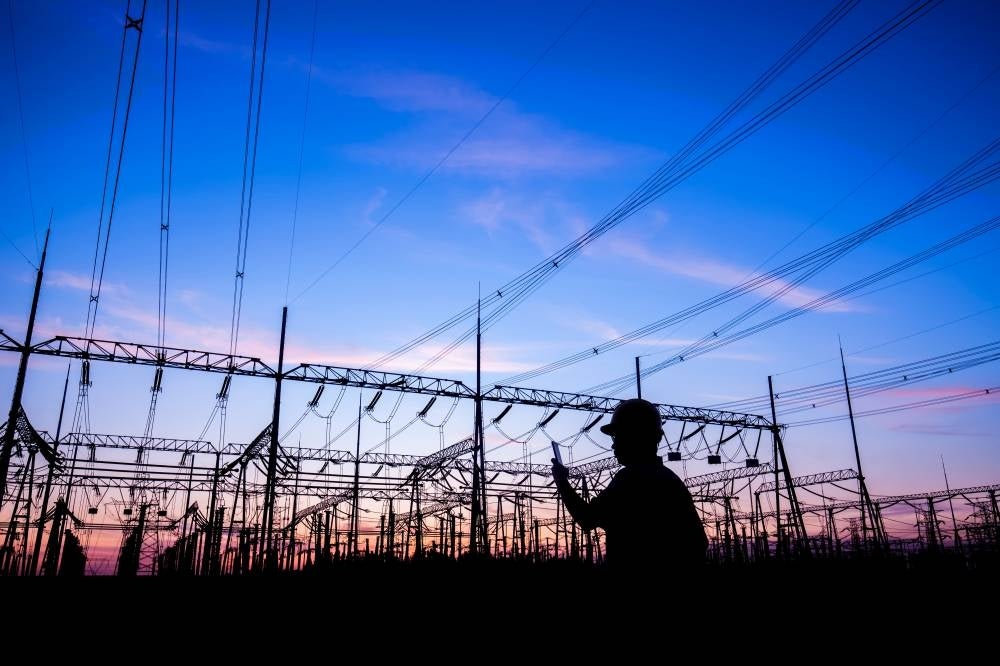Rising energy prices, a challenging year for TNB
ZAIDI ISMAIL
The on-going Russia-Ukraine war has been a boon for oil and gas companies. At US$110-US$120 per barrel, oil majors never had it so good and are laughing all the way to the bank.
However, a boon for some is a bane for others. Due to rising black gold prices, so has the prices of natural gas and coal.
The skirmishes in Ukraine has pushed up the prices of coal and natural gas - the two main feedstock needed by Tenaga Nasional Bhd (TNB) to power up the country.
TNB utilises three natural resources to power up its generators - gas, coal and hydro. Coal and gas make up 70 per cent of its raw materials.
Now that crude oil prices have spiked up due to the war, so have gas and coal.
This will no doubt put TNB under immense financial pressure in 2022.
TNB cannot raise tariffs at it's whim and fancy
It is common practise anywhere in the world that when raw material prices increase, companies will just pass the buck to consumers.
TNB however, being a government-linked firm cannot simply raise electricity tariffs at it's whim and fancy Thus, TNB has no choIce but to absorb the coal and gas prices increases silently.
As a state-owned firm, the government has to ensure that TNB does not profit excessively as electricity is a sensitive socio-economic commodity which affects the people.
Coal prices continue to spike
According to independent energy researcher Rystad Energy, coal prices have spiked up to current levels of US$462 a tonne in March from US$180 a tonne in the same month last year.
To exacerbate the situation, analysts said coal prices may surge to US$500 a tonne by year-end if the situation in Europe does not whimper down anytime soon.
According to Eurostat, Russia is Europe's largest coal exporter accounting 76 percent of the continent or 34 million tonnes.
TNB cannot pass the buck to consumers
Whenever raw material prices increase, companies will almost always increase their selling prices.
Food manufacturers pass the buck to consumers by increasing food prices whenever there is an increase in oil prices.
Mamak shops for example, jack up the price of teh tarik the minute oil prices go up.
In the case of TNB however, it cannot increase tariff prices without the government's permission.
If TNB were to do so, some 10 million households in the country will be affected.
Rising energy prices affects not just TNB but the whole world
TNB however is not alone in facing rising energy prices.
Singapore had already increased its tariffs to S$0.25 sen per kw/h from S$0.20 sen. Germany, the Philippines, Italy and Hong Kong have also tweaked their tariffs upwards.
TNB however, can't do so as domestic users such as households will be the most affected socio group. Thus, the utility group must be prepared to face challenging times this year.
TNB told Bursa Malaysia recently that it foresees a reasonable performance for 2022 but remain cautious on high fuel prices and the challenging economic outlook.
Coal supply to stabilise in the next six months?
Amid the volatility in Eastern Europe, coal prices are expected to return to some semblance of normality within the next six months.
TNB Fuel Sdn Bhd head (procurement) Abdul Halim Othman told Bernama the coal situation may stabilise once the market volatility simmers down.
Once the situation is under control, TNB will be on better footing able to focus on its main role which is to power up the nation.
Keep tabs on commercial users
During these difficult times, households are exempted from high tariffs.
The government announced in January that there will be no tariff hike for domestic users.
Industries and commercial users however have to pay TNB a surcharge for the amount of power they use.
Industrial and commercial users have to pay higher tariffs to feed their industries because they are the ones which gobble up a lot of electricity.
But this does not mean it cannot pass the buck to consumers when it sells its products.
For example, a food manufacturer can pass the cost of higher electricity by increasing the prices of their products.
Thus, the government needs to ensure that industrial and commercial power users do not pass the buck to consumers indiscriminately.
Manufacturers which have to pay a slightly higher tariff must not be allowed to sell their products at jacked up prices using high coal prices as an excuse.
If this activity is left unchecked, the people who are still reeling from the pandemic will definitely suffer.










